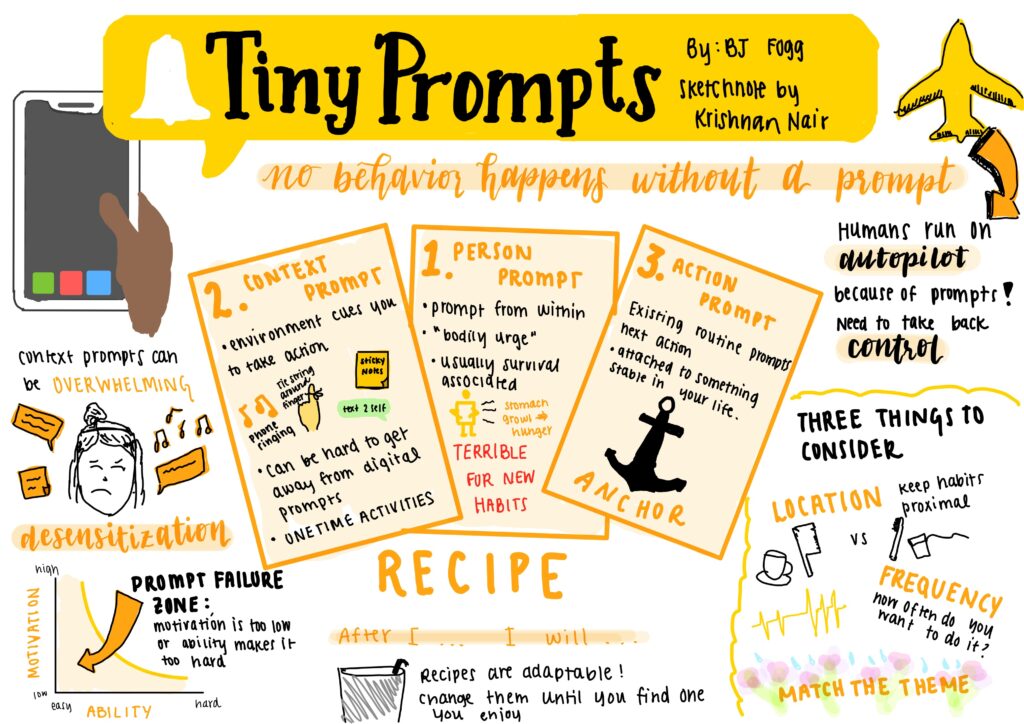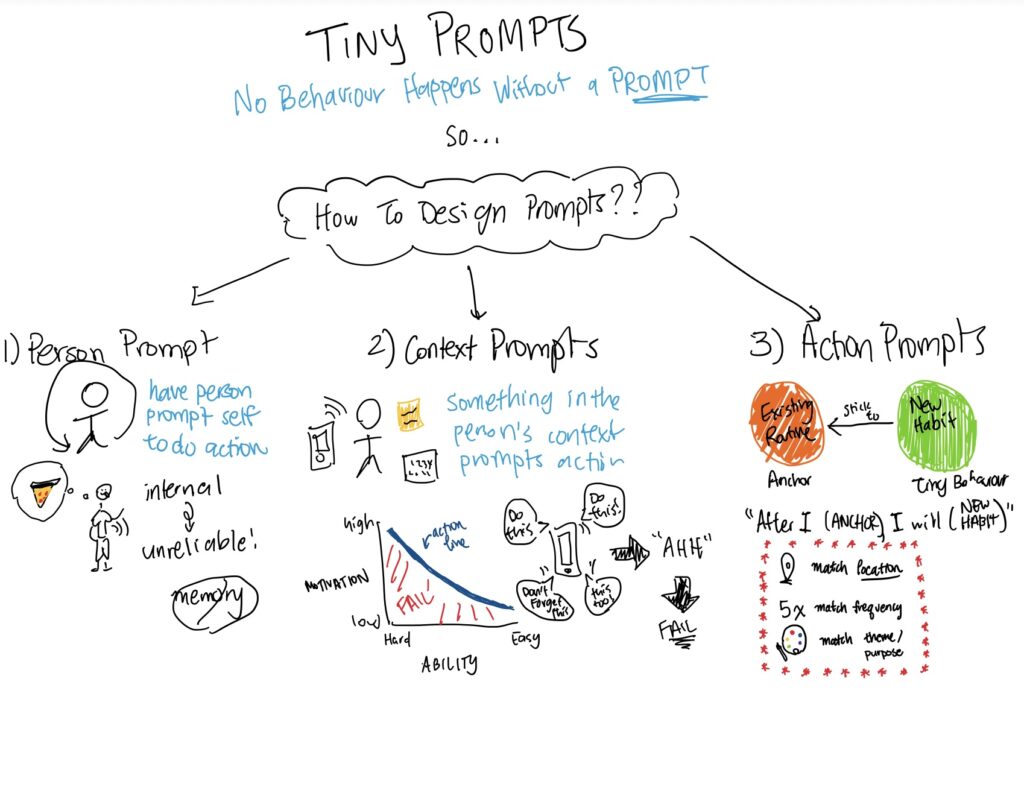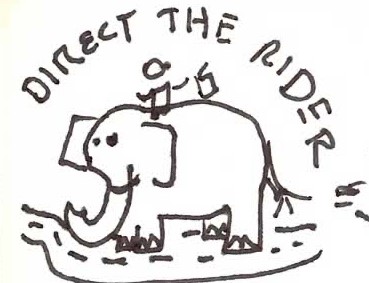Personal Reflective Notes:
Before this class, I knew that entrepreneurs, product managers, engineers and designers needed an acute understanding of their users, their needs, and what drives their behavior.
However, I did not realize the extent of the science behind behavior change, and the amount of time companies spend doing user research and truly understanding the lives and behaviors of their customers. The empathetic, user-centered design approach strongly resonated with me. I always believe in meeting people where they are, and being a good listener. I believe that is one of my personal strengths, and the work of this class has helped further refine that skill.
Regarding the class itself, I enjoyed the structure. The teaching team was definitely one of my favorites from Stanford so far! I think every part of the course served its purpose, was generally well-paced, and did not feel overwhelming. I think the workload was fair for a four-unit course. However, if I could make some modifications, I would very slightly reduce the number of sketchnotes and increase the amount of in-class project work time, as well as drawing training. I felt that although I spent a good amount of time drawing prototypes, my sketching did not noticeably improve, which frustrated me. Despite this, I plan to improve my sketching ability on my own in the future, when regularly prototyping ideas for work or personal projects.
Another valuable insight was the importance of “all ideas are good ideas” in the prototyping stage. Rapidly devising ideas and solutions is of great value — not only does it save time down the road, it also allows for a greater acceptance of individual perspectives. Before this class, I had a tendency to self-criticize and was a bit of a perfectionist with the early stages of projects, when I expected the first idea to be perfect.
From this course, I recognized the importance of completing tasks early, even when they seem easy. A few times, I thought a sketchnote, reading and reflection, or a small group task would take less than an hour. However, things often take longer than they seem. This is a frequent reality that I’ve learned from school and work experiences.
Ethical Considerations:
My group, Team Anemone, worked together on a project called SolMate, which used habit stacking, daily reminders, and habit tracking to help people get outside and get more sunlight.
SolMate used notifications as well as personal habit inputting to nudge behavior change. We think these methods are appropriate, as they are not too intrusive, allow a great deal of user freedom, and do not promote unhealthy gamification or comparative behavior that could lead to mental health issues.
We also believe that SolMate strongly promotes well-being, as it facilitates a habit that is strongly lacking among students and professionals. With the rise of computers, more time than ever is spent indoors. While concerns about sunburn and overexposure are valid, we believe this app is meant to be used in concert with one’s daily work and/or academic routine, with people who do not spend much time in the sun in the first place. The users of this app thus naturally self-select. An individual who spends time outside all day doing manual labor is not likely to need SolMate, and likely already takes extensive steps to protect themself from the sun.
We believe SolMate’s interface aligns with principles of universal design, as it is straightforward and contains easy-to-read logos and text.
Conclusion:
In summary, CS 247B: Design for Behavior Change has been of great value to me because it taught me the importance of rapid prototyping, openness to early ideas, beginning tasks early (even if they seem easy), and empathizing with users.
I will use the course in the future for the following purposes in Product Management jobs, startup work, and personal projects. Even outside of a design, product, or engineering space, this class has applicability to life — I will become an even better listener, more empathetic, and more considerate of ethical issues.
Thank you!



